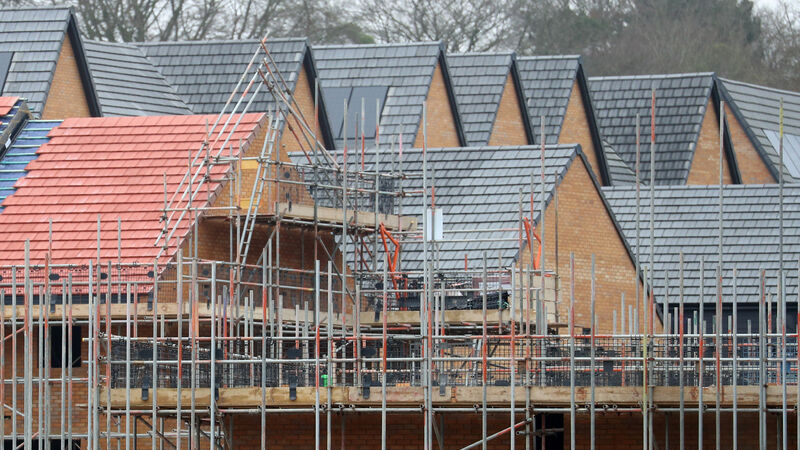Irish Examiner view: Beware of the law of unintended consequences

CSO data shows 29,851 residential units were completed in 2022. This includes 9,148 built in the fourth quarter of the year. Picture: Andrew Matthews/PA Wire
The law of unintended consequences has been with us for at least three centuries, ever since economics began to present itself as a satisfactory career choice for people who couldn’t make or grow things. But nowhere is it more prevalent at the moment than in the vexed sector of housing and, particularly, the rental market.
Strengthen the rights of tenants and you stimulate an appetite among smaller landlords to be rid of the whole fatigue of intervention and regulation.













